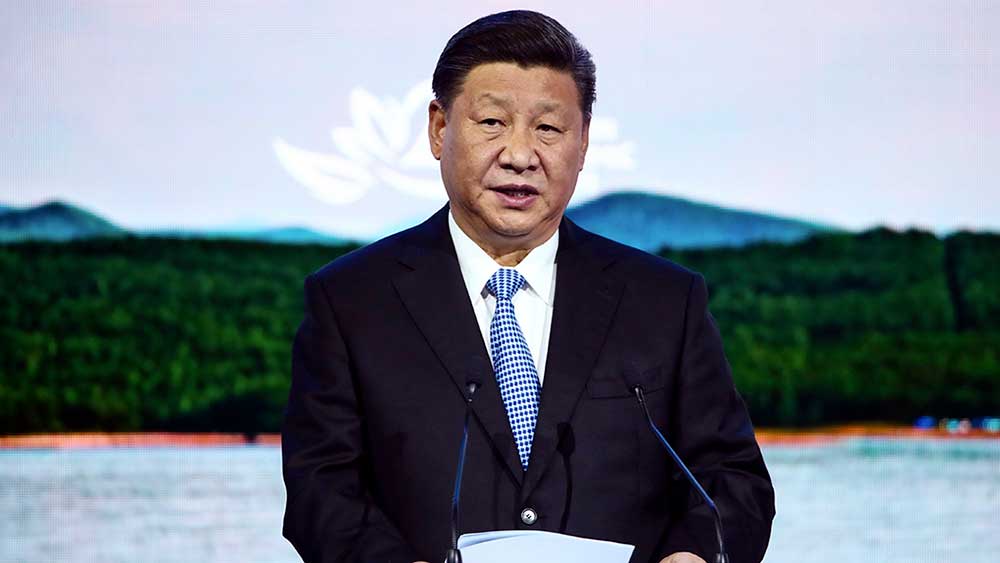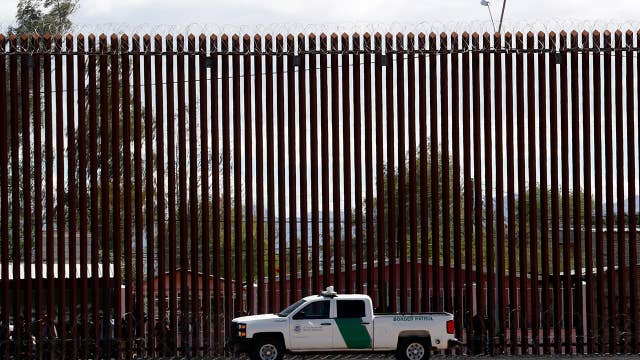Trump Administration Seeks Tariff Reductions And Rare Earths Relief From China

Table of Contents
The Rationale Behind Tariff Reductions and Rare Earths Focus
The Trump administration's aggressive trade policy toward China stemmed from several interconnected concerns:
-
Addressing the Trade Imbalance: The US consistently ran a significant trade deficit with China, fueling concerns about job losses and economic vulnerability. The administration aimed to level the playing field through tariffs and trade negotiations.
-
Combating Unfair Trade Practices and Intellectual Property Theft: The administration alleged that China engaged in unfair trade practices, including forced technology transfer, intellectual property theft, and state-sponsored subsidies, giving Chinese companies an unfair advantage. Tariffs were seen as a way to pressure China to change these practices.
-
Enhancing National Security through Rare Earth Independence: China's dominance in the rare earth elements (REE) market, crucial for various high-tech applications and defense systems, presented a significant national security risk. The administration sought to reduce US reliance on China for these critical minerals.
-
Utilizing Tariffs as a Negotiating Tool: The administration employed tariffs as leverage in trade negotiations, aiming to extract concessions from China on issues like intellectual property protection and market access.
-
Diversifying Supply Chains: A key goal was to diversify the supply chains for rare earth elements, reducing dependence on a single source and strengthening US economic resilience.
Specific Tariff Actions and Their Impact
The Trump administration implemented Section 301 tariffs on a wide range of Chinese goods, aiming to address the alleged unfair trade practices. These tariffs triggered a trade war, with China imposing retaliatory tariffs on US products.
-
Section 301 Tariffs: These tariffs targeted various sectors, impacting numerous US businesses and consumers.
-
Economic Consequences: The tariffs led to increased prices for some goods, disrupted supply chains, and negatively impacted certain industries in both the US and China. The overall economic impact remains a subject of ongoing debate among economists.
-
Consumer and Business Impacts: Consumers faced higher prices for imported goods, while businesses experienced increased costs and uncertainty. Some sectors were hit harder than others, depending on their reliance on Chinese imports or exports.
-
Tariffs as a Negotiating Tool: The effectiveness of tariffs as a negotiating tool is debatable. While they did lead to some concessions from China, they also caused significant economic disruption.
-
Retaliatory Tariffs: China’s retaliatory tariffs created further economic challenges for US businesses and farmers.
Strategies to Secure Rare Earth Element Supply
Recognizing the national security implications of China's dominance in rare earth production, the Trump administration pursued several strategies to secure alternative sources:
-
Stimulating Domestic Production: The administration explored initiatives to revitalize domestic rare earth mining and processing, including offering tax incentives and streamlining regulations.
-
International Partnerships: Efforts were made to forge alliances with other countries, such as Australia and Canada, to diversify the sources of rare earths.
-
Investing in Research and Development: Investment in research and development focused on finding alternative materials and technologies to reduce reliance on rare earths.
-
Sustainable Mining Practices: Emphasis was placed on developing more sustainable and environmentally responsible rare earth mining practices.
-
Cost-Effectiveness: The long-term viability and cost-effectiveness of these strategies remained a challenge, as domestic production often faced higher costs compared to Chinese production.
The Role of National Security Concerns
The Trump administration viewed China's control over rare earth elements as a potential tool of economic warfare and a serious threat to US national security.
-
National Security Risk: China’s dominance in REE production presented a vulnerability, as these minerals are essential for various defense systems, advanced technologies, and critical infrastructure.
-
Economic Warfare: The administration perceived this control as a potential leverage point for China to exert influence or inflict economic damage.
-
Securing Reliable Sources: Securing reliable and diverse sources of rare earths was viewed as critical for maintaining technological and military superiority.
Conclusion
The Trump administration’s attempts to reduce tariffs and secure alternative sources of rare earth elements from China represented a significant shift in US trade policy. While the effectiveness of these policies remains a subject of ongoing debate, they highlighted the crucial need for managing trade relations and securing access to critical minerals in the 21st century. The long-term economic and geopolitical impacts of these actions continue to unfold.
Call to Action: To fully grasp the intricacies of US-China trade relations and the implications for global supply chains, continue your research into the lasting effects of the Trump administration's efforts to secure rare earth supply and tariff reductions from China. Understanding this complex issue is crucial for navigating the future of global trade.

Featured Posts
-
 Stricter Border Checks Lead To Fewer Arrests And More Deportations
May 11, 2025
Stricter Border Checks Lead To Fewer Arrests And More Deportations
May 11, 2025 -
 Jean Luc Delarue Le Recit Peu Amene D Antoine Dulery
May 11, 2025
Jean Luc Delarue Le Recit Peu Amene D Antoine Dulery
May 11, 2025 -
 The Carrie Snub And Other Boris Johnson Animal Fails
May 11, 2025
The Carrie Snub And Other Boris Johnson Animal Fails
May 11, 2025 -
 Valentina Shevchenko Vs Zhang Weili A Superfight At Ufc 315
May 11, 2025
Valentina Shevchenko Vs Zhang Weili A Superfight At Ufc 315
May 11, 2025 -
 Valentina Shevchenko Considers Zhang Weili Superfight A Potential Matchup
May 11, 2025
Valentina Shevchenko Considers Zhang Weili Superfight A Potential Matchup
May 11, 2025
